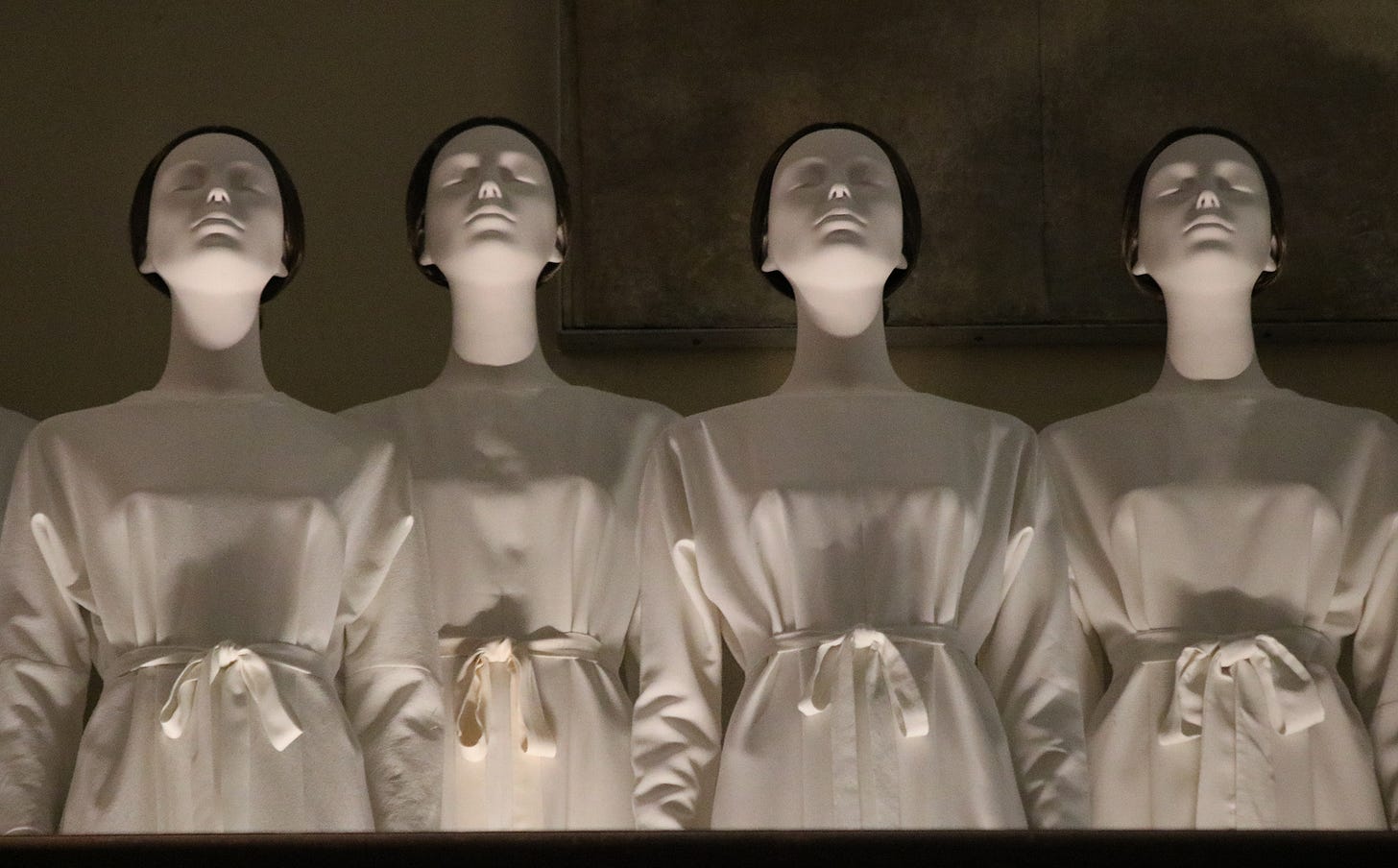In Chapter 58 of his Rule for Monks, Benedict warns the cenobitic community to not grant newcomers to the life an easy entry. “The concern,” he writes, “must be whether the novice truly seeks God and whether they show eagerness for the Opus Dei (the work of God, the spiritual life), for obedience, and for trials.” The novice must be clearly told “all the hardships and difficulties that will lead them to God.”
In other words, desire alone is not enough for the monk. Hard work is required.
How badly do we really want what we say we want? The burden of proof lies with each individual monk. If we’re not willing to be held accountable by those who have the authority to call us to be who we say we want to be, then we must question how badly we want it.
The cenobite belongs to a monastery where they serve “under a rule and a prioress.” The community, the rule by which they have chosen to live, and the prioress form the authority structure that is to hold the cenobite accountable. Living under the formal monastic structure, however, is no guarantee that the individual cenobitic monk will “progress in this way of life and in faith.” The facing of self that comes with choosing accountability is hard and monks, after all, are human.
The Fifth Kind of Monk does not have this built-in monastic structure to call them to accountability. Benedict does, however, provide basic tools for self-development in his Rule including, but by no means limited to, Chapter 7, Humility. It’s up to the Fifth Kind of Monk to put the tools into practice and to find those who can guide them on their way.
The rub for any kind of monk is that the God-standard to which they choose to be accountable is not self-determined. It is much bigger than oneself—which is why it is so hard to be a monk. The monk must continually get the lesser parts of themselves out of the way to grow into that bigger God-life they have chosen.
Accountability is also an antidote to the unhealthy individualism that can derail a monk.
It can be hard to promote healthy individualism in an institution that prides itself on being communal which could be why Benedict gave his monks a multi-faceted authority structure. He also mandated consequences for when monks fail because all of us will fail and our failures fracture the community. But the fear of consequences is not the reason we choose to be accountable. We choose to be accountable because of our desire for God and to contribute to a strong community.
Perhaps the hardest call to accountability is that which challenges our often-over-zealous desire for power and control, tendencies that feed unhealthy individualism. Unwillingness to face those tendencies, to admit that I am part of the problem in power struggles, that demanding my way can short-circuit opportunity for growth, warrants a review of Chapter 7.
While Benedict is not one of those to whom the quip, “all things in moderation” is attributed, he could easily have said it. In this he gives us clues as to what a healthy individualism looks like. We do have personal power and control over lives in ways that differ from Benedict’s sixth century as well as the way we understood monastic life as little as one hundred years ago. But moderation still holds. We need variety in opinion and diversity of thought as well as in food and drink and work and prayer. Accountability today does not mean becoming a cog in a wheel, erasing my individuality. It means being responsible for who I choose to be as an autonomous adult in relationship with others and knowing why I make those choices. And sometimes, for the sake of the whole, it means letting go of my opinion or idea for those of another. Moderation.
There are many tangents to this conversation about what accountability means for the monk and how we live it in the monastery and without. We’ll get to them. But for now, let’s work on our accountability to ourselves, our loved ones and communities, and to what we say we most desire.




